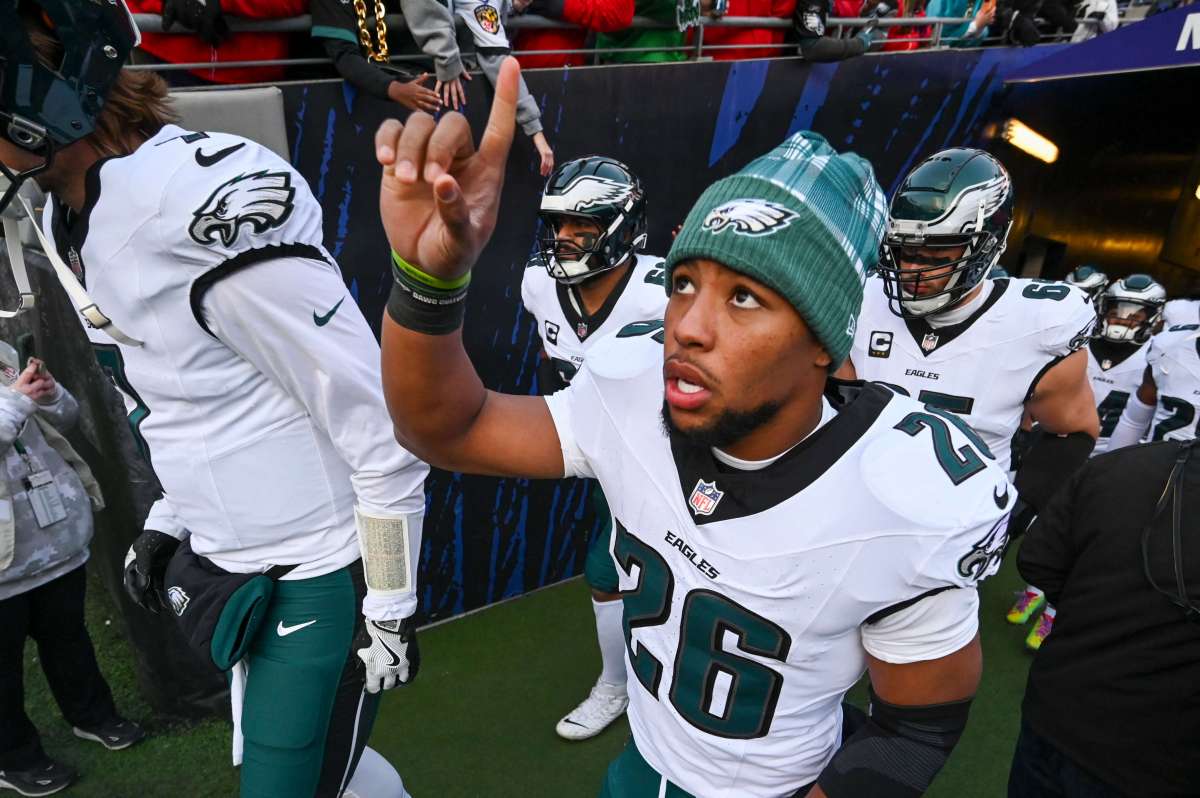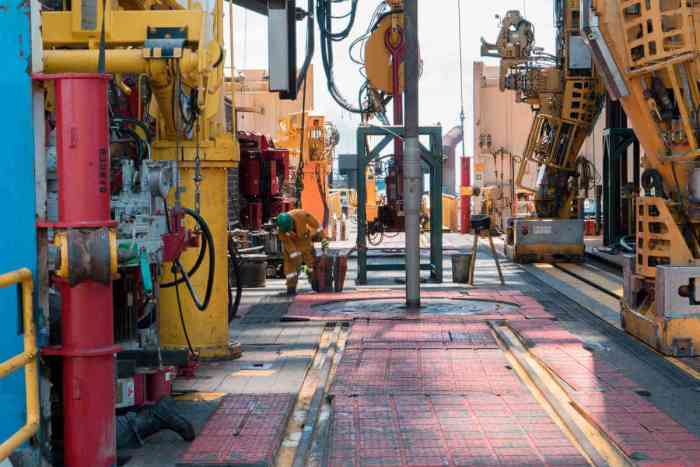It wasn’t hard for Cedric the Entertainer to get back in the groove of Eddie. Twelve years separate the new “Barbershop: The Next Cut” from the 2004 sequel. But all the performer has to do is put on the wig, fall into the voice and he’s the same character he ever was: an old-timer who’s long cut hair in a South Side Chicago establishment run by Ice Cube’s Calvin. But there was another reason to return to the franchise, which started in 2002: Chicago has an epidemic of gang violence. That’s just one of many issues the new comedy raises, all while being serious as well as hilarious. RELATED: Review: “Barbershop: The Next Cut” is funnily serious about Chicago gang violence A lot has changed since the last “Barbershop” movie. Given how much these films engage with what’s going on in America, there are many reasons this film should exist. That becomes the main focus of the film. And it’s not quiet about being eager to find a way to fix the problem. RELATED: Interview: Don Cheadle on “Miles Ahead” and not giving Miles Davis a Wikipedia biopic It’s difficult to find real solutions. A lot of the bigger attempts to curb gang violence have failed. Gang violence is far from the only issue addressed in the film. On a relatively lighter note it shows a barbershop that has evolved and become co-ed, with a lot of arguments about stereotyping genders. RELATED: Steven Soderbergh talks “The Girlfriend Experience” and being a TV snob There’s a lot of room for strong female characters sticking up for themselves against the strong male characters. Even Nicki Minaj’s character, who is obsessed with looks, is depicted as strong. All the “Barbershop” movies are really about this idea of having a diversity of voices, as opposed to just one. RELATED: 12 films to see at the Tribeca Film Festival Your character, Eddie, is one of the most opinionated in the group. Back when the first one came out there was some controversy about jokes he made about Rosa Parks and Martin Luther King Jr. But it’s not that the film itself is making fun of Rosa Parks and Martin Luther King Jr.
We didn’t want to come back just to do another film — trash celebrities, joke about people. We thought it was important the movie had something to say. It’s natural that it’s about street violence going on in Chicago.
You see parents forced to watch young kids who have so much reckless abandon and don’t care about life. You seem them destroy neighborhoods where people have raised families and built businesses. To be in fear of your own block and your own kids — somebody’s got to say something. I love when Calvin [Ice Cube’s character] says that grown people shouldn’t be afraid to stand up and be grown. That’s what the movie is about.
Hopefully life will imitate art and people will see this film and be inspired to do small things in their community. You have to find people who are willing to fight for these young men who are out on the corner or riding around with guns in their cars. You need to have a conversation and solve it step-by-step. It’s going to take a community effort.
We talk about relationships and about the misogynistic image of the black male. We had Common and Eve’s characters debate the idea that the woman being the bread winner makes the guy less of a man. That’s important to explore in this day and age. It’s not emasculating when your wife makes more money than you.
She’s a modern woman empowered by her sexuality, empowered by her ability to make money. And she’s unapologetic about it. That’s what the modern young woman is: They kind of do it all. You can’t shame them. They want to be the way they want to be. It was great to have that character.
That’s what communities are like. It was important to have so many characters with lots of points of view. We did it in a symphonic way. It feels like music, even though it’s a lot of people talking, a lot of people with opinions. It never feels like jibber-jabber.
In a barbershop there are a lot of dissenting opinions. There’s not a single way to think as a black person. A lot of times we’re culturally put into this one group of having one opinion and everything. Eddie’s been around a lot longer, and he’s free to say what he’s feeling. A lot of times there are traditions and you follow along without ever asking why you do it. Everyone does it because everyone else does it. This guy asks, “Why does everyone do it?” That’s what I love about this character: He cuts through the norm and allows us to look at it from another perspective — even if it hurts sometimes.
Cedric the Entertainer hopes ‘Barbershop’ will help fix Chicago
Follow Matt Prigge on Twitter @mattprigge
























